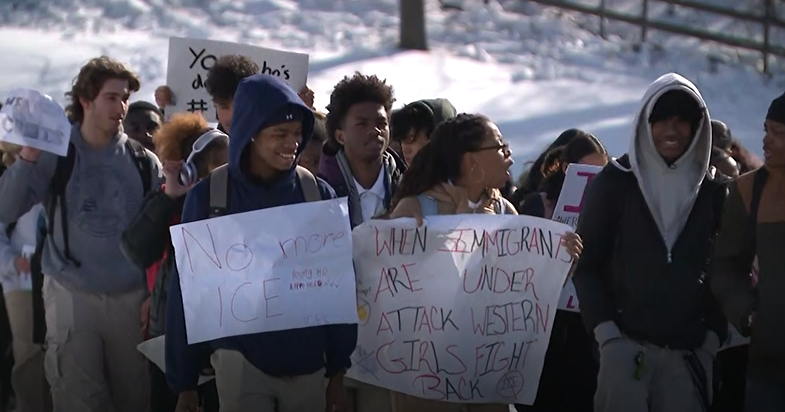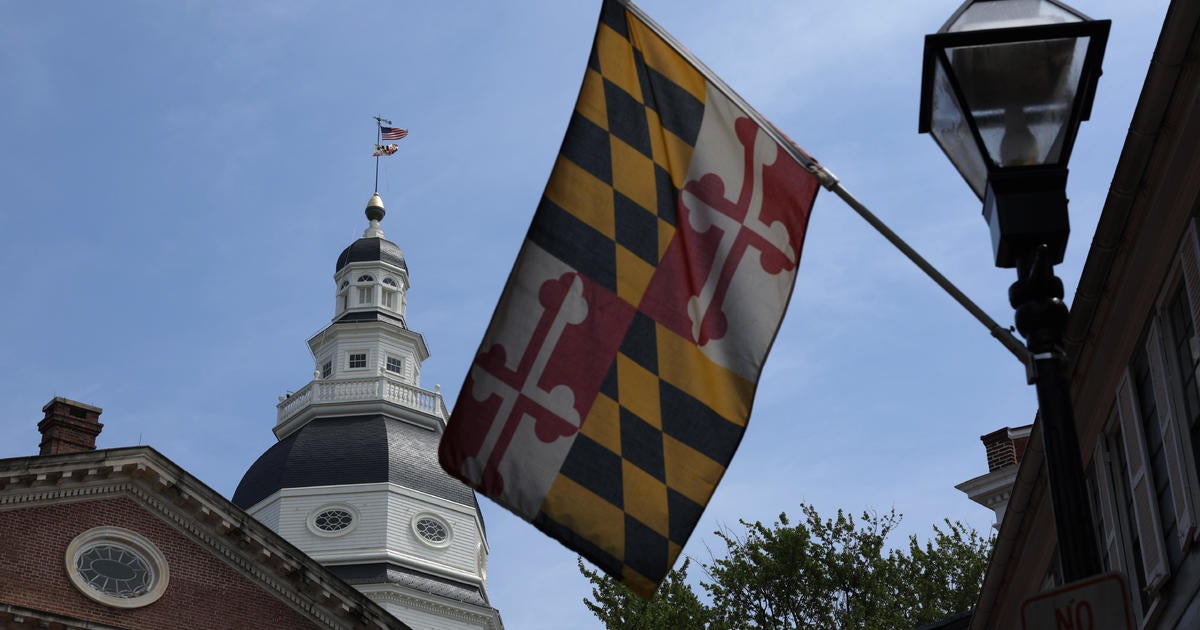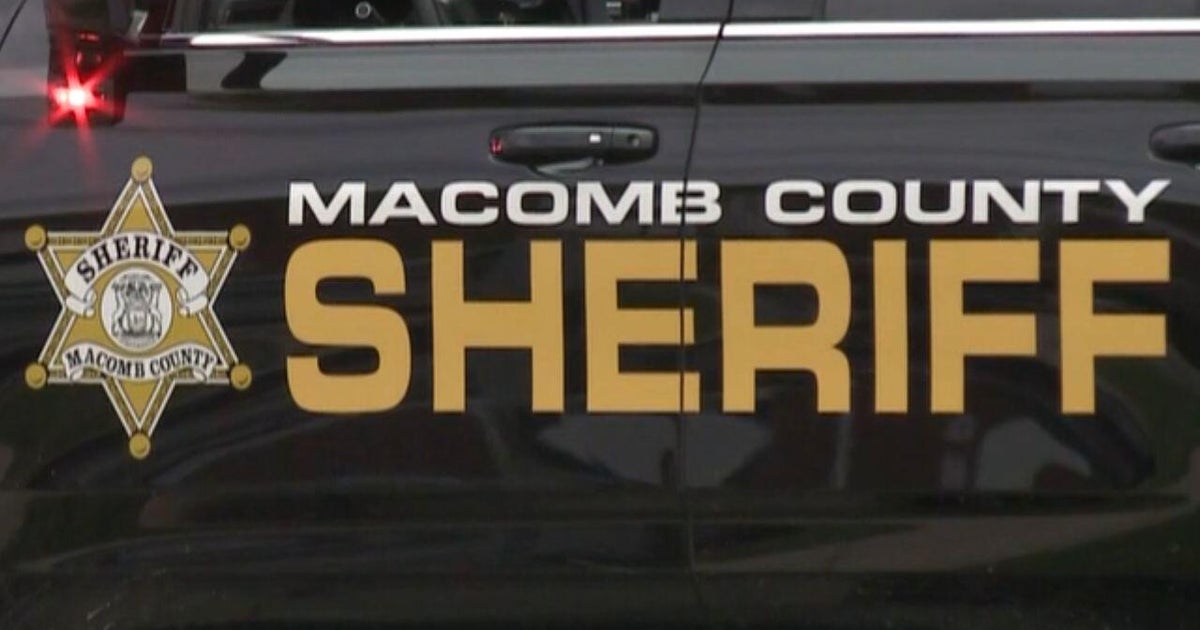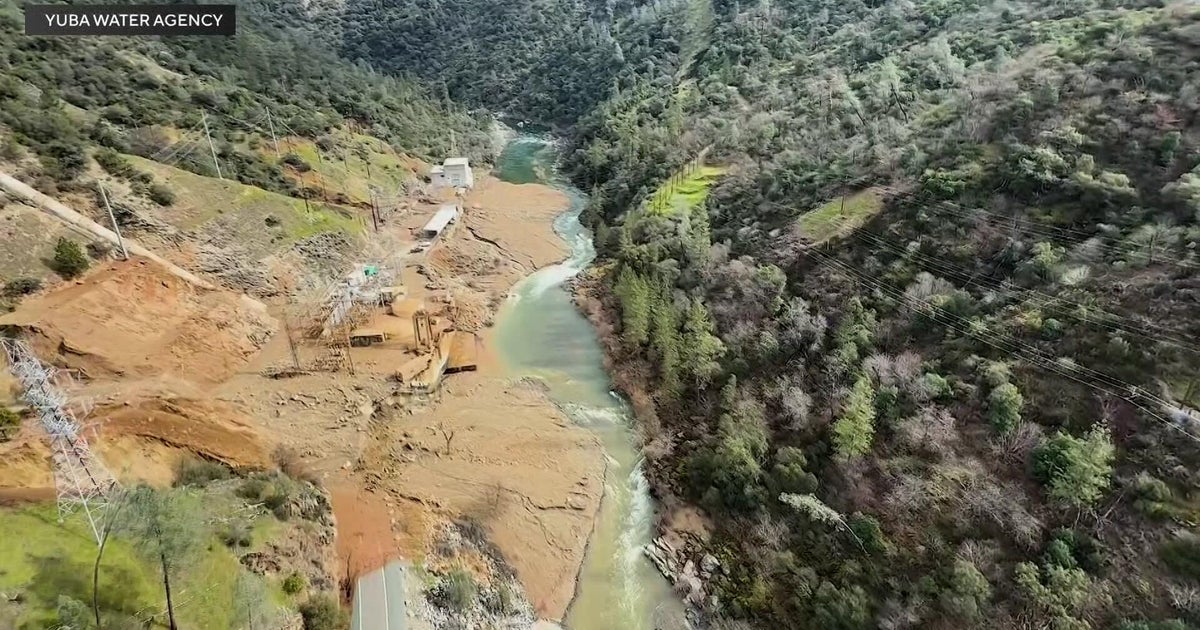O'Malley Wishes Luck To Animal Kingdom; Talks About Racing Industry
ELKTON, Md. (WJZ/AP) -- Saturday's Preakness favorite is Derby winner Animal Kingdom, whose trainer lives and works in Maryland.
Alex DeMetrick reports from the governor to stable hands, that connection is a plus for the racing industry.
Gov. Martin O'Malley wished Animal Kingdom luck in the Preakness Stakes and went for a ride on another steed on Friday deep in Maryland horse country, one day after he signed legislation needed to steer millions of dollars to ensure a full calendar of racing days in Maryland after years of industry difficulties.
O'Malley took a private tour to see the Kentucky Derby winner with his trainer Graham Motion at the Fair Hill Training Center in Elkton on the eve of the Preakness Stakes, the second leg of the Triple Crown. The governor used the occasion to underscore the significance of horse racing in the state, both in economic terms as well as environmental. He noted that the horse industry has assets of more than $5.6 billion in Maryland and occupies 587,000 acres, about 10 percent of all the land area in Maryland.
"In fact, there are more than 79,000 horses in Maryland valued at $714 million," O'Malley said. "What's more, Maryland's horse industry employs more than 28,000 people."
"It's not just a small group that goes to a window and bets a lot of money. There's a base to this industry that's family and hard workers. People who love animals," said Tom Bowman, horse owner.
But with all that leads up to racing, anxiety has been riding right along with it. Tracks are struggling.
That's why O'Malley's administration was strongly involved in brokering a last-minute deal in December to allow a full season of 146 racing days in Maryland this year. The agreement required the redirection of more than $3 million in slot machine proceeds this year to pay track operating costs instead of capital improvements at aging race tracks as initial gambling legislation intended. The state also has agreed to millions of dollars in grants and loans to help tracks.
O'Malley is hopeful various horse racing interests will be able to work together over the next year to reach a long-term solution to financial problems. The governor said legal jousting over slot machine licenses has muddied the path to cohesion needed to form a consensus, but he's optimistic that more stability involving the state's relatively new slot machine casinos will create a better climate to address the horse industries problems in the state.
"Over the course of the next year, I hope we're able to come together around a long-term plan to stabilize this, and as those other variables like the remaining slots licenses get sorted out I think you'll see us be able to do just that," O'Malley said.
"It's terribly important, because we have to keep the tracks open for the breeders, the owners. It's just tremendously important," said Jim Steele, Chair Horse Industry Board.
Maryland has two casinos up and running. A third, the largest allowed under the law, has run into a variety of legal challenges that have delayed its opening until next year. The chairman of the state's slot machine commission has expressed hopes that licenses could be awarded for the last two casinos — one in Baltimore and another in western Maryland at Rocky Gap State Park — could be granted by the end of the calendar year.
The governor used the premier horse training facility in the state as a backdrop to make his point about the importance of Maryland racing. The Fair Hill Training Center in Cecil County has about 1,000 employees on about 350 acres of land. The center is home to about 600 horses, which can receive healing treatments in an equine hyperbaric chamber or get a workout in an aquatic treadmill designed for horses, if they've had enough of the track. There's also a whirlpool filled with saltwater to draw out inflammations.
"You know, you need to see good horses coming from here, and I think it shows we can compete with horses that have been trained at the top tracks," said Frank McEntee, horse owner.
O'Malley noted that Maryland has twice as many horses per square mile as Virginia, Texas, California or Kentucky. The governor has often cited the horse racing industry as an important buffer to development and a significant part of maintaining the state's agricultural heritage.
Maryland has a long horse racing tradition. Annapolis hosted the first organized horse race in the nation, the Annapolis Subscription Plate in 1743. The first running of the Preakness States was held in Maryland in 1873.
(Copyright 2011 by The Associated Press. All Rights Reserved.)







